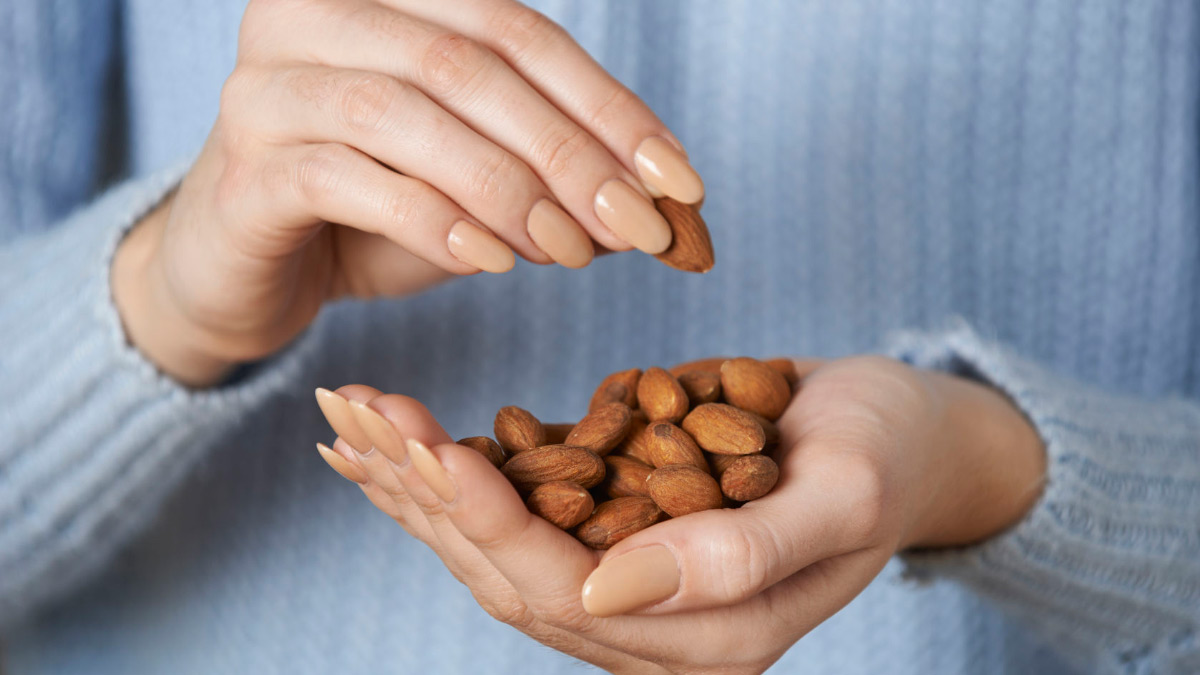How does the invisible hand work? Here’s an example. Think about a 100-calorie pack of Emerald Cocoa Roast almonds as part of an early lunch. How did the invisible hand work here? I bought the almonds at Target, accepting their offer of seven 100-calorie packs of almonds for something like $3.50, and rejecting their offers of everything else I could have bought with that $3.50. Target made an arrangement with Emerald to stock those specific almonds on that specific part of that specific shelf at that specific time of that specific day anticipating that someone—they need not know who or why—would be willing to accept the trade.
Emerald agreed to sell the almonds to (or through, depending on their contractual arrangements) Target because they expected Target to be able to sell them most quickly at a price they found agreeable. They chose to produce almonds instead of literally anything else they could have done with those resources because they were confident that they could do so profitably.
And so on, throughout every successful and failed exchange that went into the production of something as mundane as a packet of almonds I keep in my desk for when I get hungry. Others’ knowledge about their own talents, tastes, values, and preferences guides me to offer $3.50 for the almonds. At a lower price, the people who made the almonds might have done something else. At a higher price, I might have bought Planter’s peanuts instead of Emerald almonds. All of our relevant knowledge is encoded in prices, and the invisible hand leads us toward exchanges that make everyone concerned better off and away from exchanges that make everyone concerned worse off.
Observers might disapprove of a transaction for a lot of reasons. It’s entirely possible I’ve made grievous mistakes: the back of a packet of almonds I ate once read “Partially Produced with Genetic Engineering.” Maybe the “Partially Produced with Genetic Engineering” almonds I eat regularly are turning my stomach and intestines into tumors. I’m nearly certain they’re not, and the only reason I don’t write “completely certain” is that I will acknowledge some probability close to but slightly greater than zero that almonds “Partially Produced with Genetic Engineering” are pure cancer fuel or the stuff of supervillain origin stories. The probability that I’m harmed by the genetic engineering is almost certainly many orders of magnitude lower than the probability I’m harmed by eschewing almonds for something less healthy or by diverting my time and mental energy toward seeking non-GMO almonds—or the gas I burn and risk I incur by driving somewhere else so I can get non-GMO almonds.What’s the right amount of risk for me? That’s for me to figure out. While I would certainly love your input, ultimately the decision is mine alone—and the invisible hand provides powerful encouragement for firms to find my preferences and meet them.









